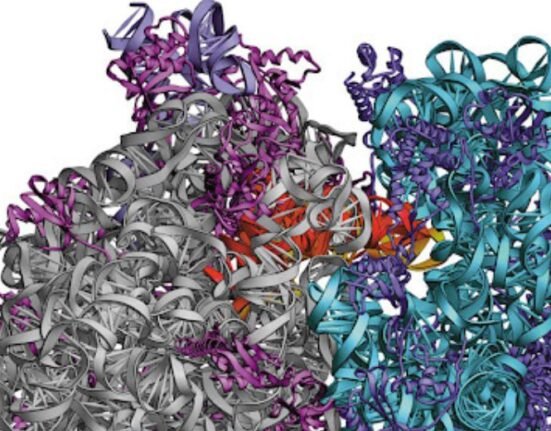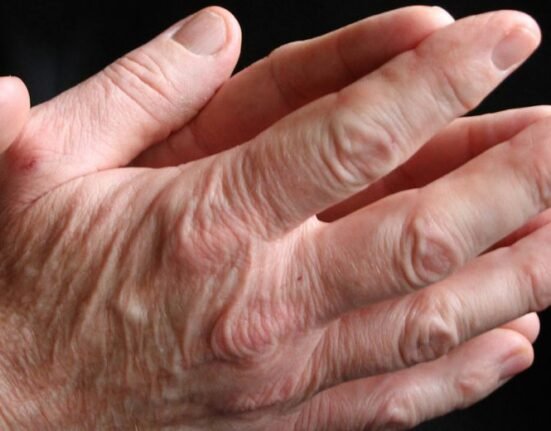HQ Team
October 20, 2024: Merck & Co., Inc., and Gilead Sciences, Inc.’s investigational combinational drug for HIV treatment, put on clinical hold last year, has met a secondary goal of a ‘high’ viral suppression rate in adults.
The mid-stage trial, testing a low dose of islatravir and Gilead Sciences lenacapavir in adults with HIV-1 infections, was resumed in September this year.
The US drug regulator, the Food and Drug Administration, reviewed and agreed with a plan to study lower-dose versions of the once-daily pill for treating HIV patients.
The FDA had earlier placed six studies on full clinical hold stating immune system that aided the fight against the infection was lower in some patients.
“At 48 weeks, the novel investigational combination maintained a high rate of viral suppression in virologically suppressed adults — a secondary endpoint of the study,” according to a Merck statement.
‘Person-centered’
“The future of HIV treatment is person-centred, with long-acting options tailored to help meet the needs and preferences of people affected by HIV,” said Jared Baeten, MD, PhD, Senior Vice President, Virology Therapeutic Area Head, Gilead Sciences.
“There is no ‘one size fits all’ approach. The complexities of HIV care require putting people first in the development of biomedical innovations as we keep striving to offer options for all those living with HIV.
“These data presented at IDWeek (in Los Angeles) demonstrate our commitment to continuous scientific discovery aimed at further transforming the HIV treatment landscape.”
Treatment-related adverse events, as attributed by the study investigator, were experienced by 19.2% of participants and the most common were dry mouth and nausea.
The antiviral activities and pharmacokinetic profiles of islatravir and lenacapavir “support their continued development as an investigational once-weekly oral combination regimen” for use in people with HIV who are virologically suppressed, according to the statement.
Maintenance challenge
“Daily single-tablet regimens have helped to transform HIV care but can be challenging for some people to maintain,” said Dr Elizabeth Rhee, Vice President of global Clinical Development, at Merck Research Laboratories.
“Novel HIV treatment options that allow for less frequent oral dosing have the potential to help support adherence and address stigma faced by some individuals taking daily oral therapy.
“We are pleased to see these encouraging 48-week data for this once-weekly oral combination regimen and advance to phase 3 clinical trials in collaboration with Gilead,” she said.
This investigational combination of weekly oral combination is being further evaluated as a fixed-dose combination regimen in two Phase 3 studies in virologically suppressed people with HIV.
Islatravir in combination with lenacapavir is investigational and not approved anywhere globally. The safety and efficacy of the combination of islatravir and lenacapavir have not been established.
39.9 million HIV cases
Last year 39.9 million people were living with HIV worldwide. The number of people living with HIV has increased since 2000 when 27.2 million people were living with HIV, according to the World Health Organization.
However, the number of people dying from HIV-related illnesses has decreased, especially since 2004. This is due to increased access to antiretroviral therapy.
The WHO African Region remains most severely affected, with one in every 30 adults (3.4%) living with HIV and accounting for more than two-thirds of the people living with HIV worldwide.








